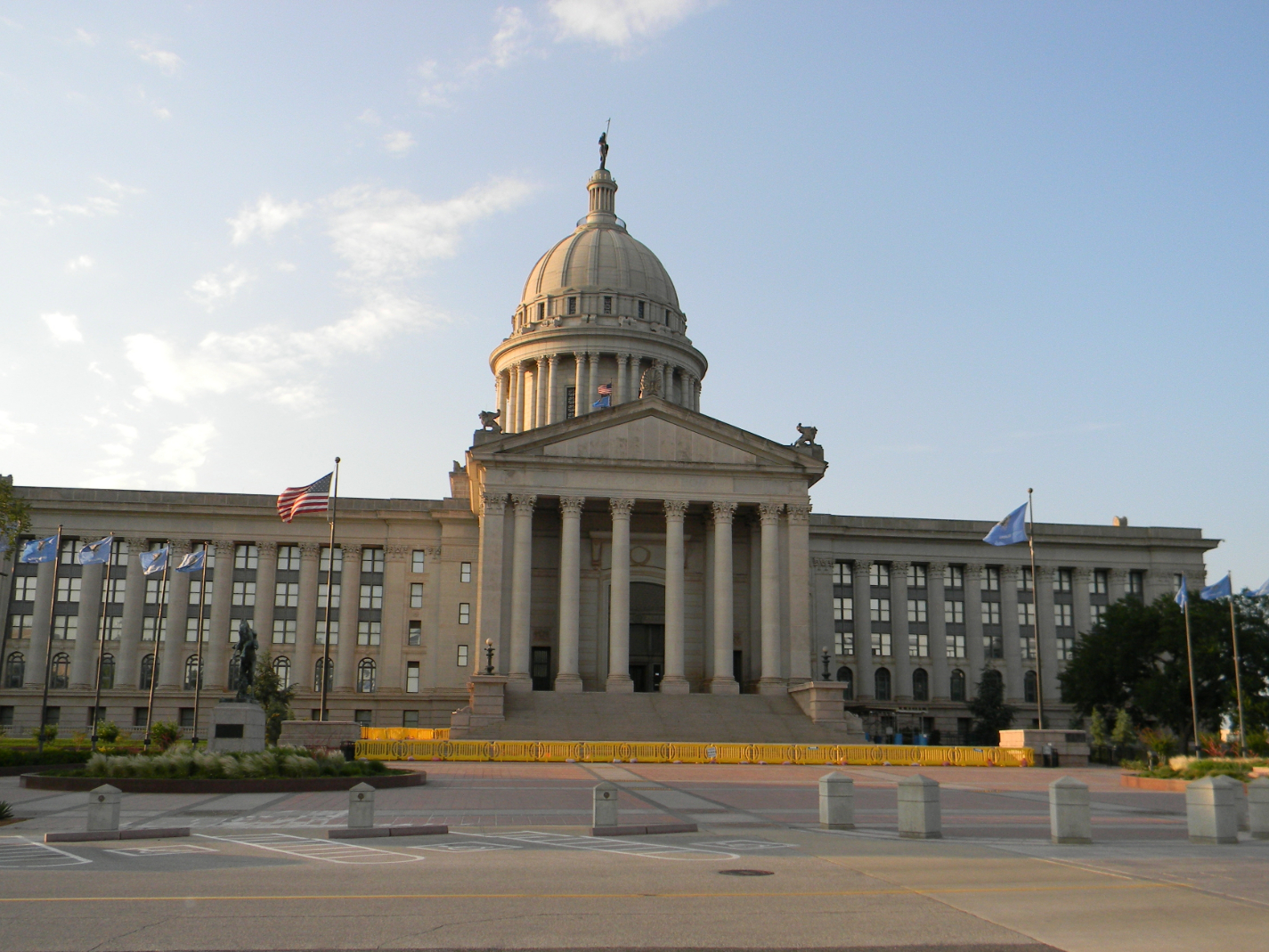The Alabama State Department of Education has presented a revised draft of its social studies standards for consideration by the State Board of Education on December 12. While we wish they had made greater changes between their first draft and their revised draft, we commend the Department for the changes it has made. These have improved the social studies standards for Alabama’s public K-12 schools.
Alabama’s social studies standards fall into the broad middle ground of state social studies standards. They are not avowedly radical, as are the worst in the country—those such as Minnesota’s, Rhode Island’s, and Connecticut’s. They largely focus on a factual presentation of social studies content. But they do so with a liberal skew (if not a radical one) in the facts they present, in the structure of social studies instruction, and at a distressingly unrigorous and vague level of generality. Alabama’s social studies standards are acceptable—but Alabama could do much better, and join the states with the best social studies standards, such as Louisiana, South Dakota, and Virginia.
The social studies revision process makes clear exactly why the National Association of Scholars and the Civics Alliance drafted American Birthright: The Civics Alliance’s Model K-12 Social Studies Standards. You have to provide an entirely new framework for social studies standards, otherwise education bureaucrats, even when prompted to reform, will only tweak their old standards. This is precisely what happened in Alabama. The Eagle Forum of Alabama, among other excellent Alabama individuals and organizations, made a series of terrific recommendations for improving Alabama’s social studies standards. The Alabama bureaucrats did respond to their input—but only to change details on the overall framework.
Here are some good changes to Alabama’s social studies standards prompted by Eagle Forum of Alabama and other reformers between the first draft and the second draft:
- Grade 7 World History now has a dedicated section to “Ancient Civilizations in the Greater Mediterranean,” including greatly expanded coverage of ancient Israel’s exceptional and extraordinarily influential history and religion.
- World History now includes more substantial coverage of the horrors of Chinese Communist government, including the Cultural Revolution and the Great Leap Forward.
- The standards have increased mention of notable Alabamians, including Medal of Honor winner Henry “Red” Erwin and Hank Williams.
- Coverage of the Equal Rights Amendment now includes mention of its great and notable opponent, Phyllis Schlafly.
- The standards no longer refer to America incorrectly as a “constitutional democracy,” but correctly call it a “constitutional republic.”
We may multiply examples, but the overall effect is of mild improvement. Some of this improvement we believe is informed by American Birthright—the section on ancient Israel, for example, looks like a condensed version of our own standards. What we can say is that we are glad that Alabama’s education department personnel were open to looking at our work, we are delighted if any of it could be useful, and Alabama’s citizens can be assured that responsible Alabama officials made sure to use their own words and own judgment as they assessed American Birthright.
We think Alabama can and should do far more in its next round of social studies standards revision. Western Civilization should be a discrete course of study, not just melded into World History. America’s institutions and ideals of liberty, as well as its faith, its common culture, and its scientific, technological, economic, and military achievements, should be central themes of social studies instruction. It should remove politicized jargon such as “indigenous” and “enslaved,” which have been crafted by radical activists in the education establishment to make it possible for social studies teachers to smuggle Critical Race Theory into their classrooms. Above all, Alabama needs far more content-rich instruction, to ensure that its students are truly prepared not only for college and career but also to know why they should love and preserve our exceptional country.
What Alabamians should take from this round of social studies reform is the necessary and excellent role played by local reformers such as the Eagle Forum of Alabama. These groups have played an essential role in improving their social standards. Alabamian citizens and policymakers can and should join together to prepare for the next round of social studies standard revision, to ensure that it does not forego the next opportunity for decisive reform.
Alabamanians such as Eagle Forum of Alabama have made Alabama’s social studies standards better. Next time, as more of their fellow citizens join the fight, they can make Alabama’s social studies standards excellent.



